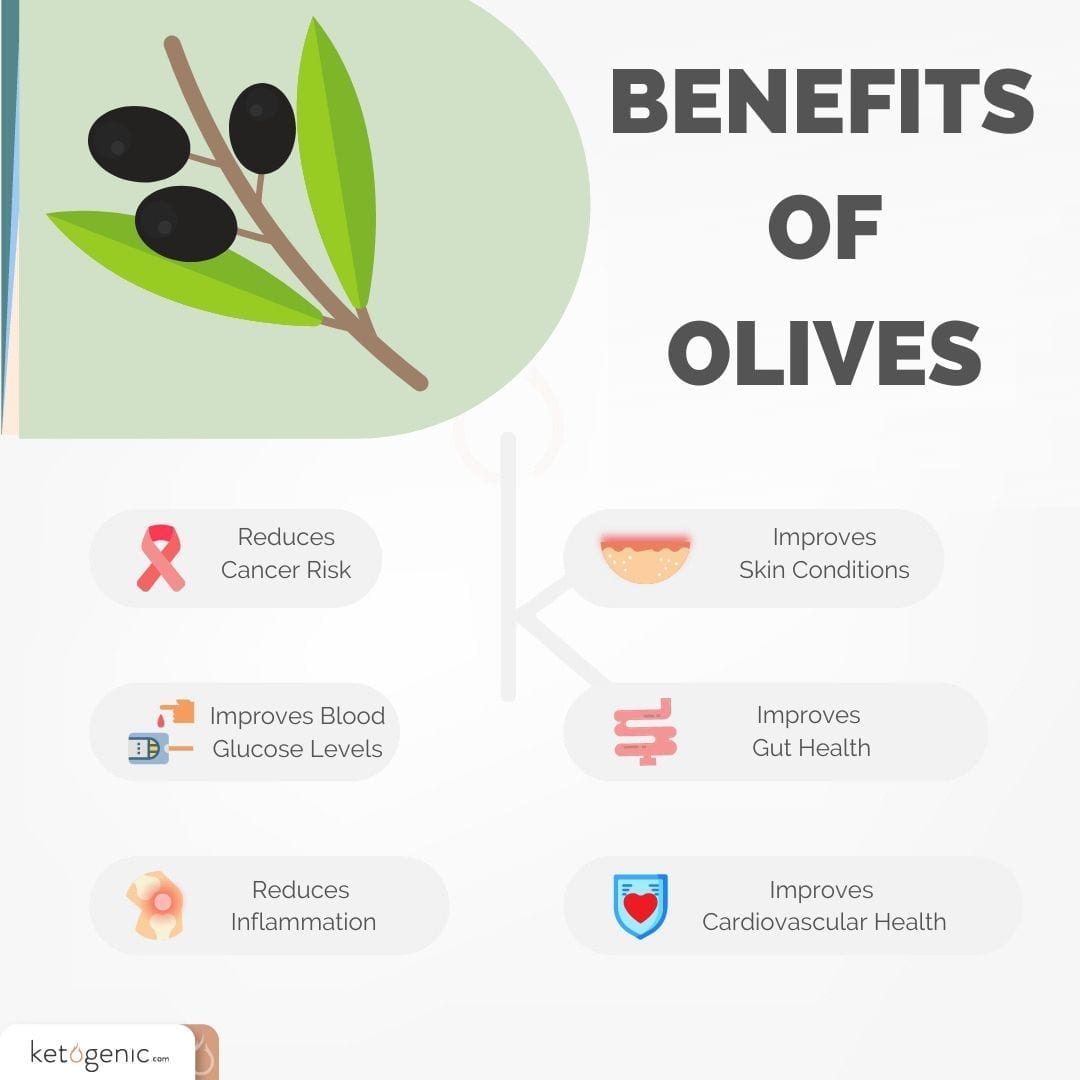Effective Ways to Optimize Keto Vitamins for Better Results in 2025
The ketogenic diet has gained immense popularity due to its proven benefits for weight management, improved energy levels, and enhanced mental clarity. However, while focusing primarily on fats and proteins, many individuals overlook the importance of vitamins and minerals that support overall health and optimize the effectiveness of high-fat, low-carb diets. This article explores effective ways to enhance your keto vitamin intake to maximize the benefits while following a ketogenic lifestyle, particularly as we look towards 2025.
Understanding what keto vitamins are essential for maintaining nutritional balance is crucial. From electrolyte supplementation for hydration support to specific vitamins needed for energy metabolism, each nutrient can play a significant role in optimizing your keto journey. You’ll learn how to choose the right supplements, manage deficiencies, and ensure your body gets the necessary support while in ketosis.
By the end of this article, you'll have a comprehensive roadmap of the vital keto vitamins to include in your diet and the best practices for supplementation. Let’s dive into the world of keto vitamins and discover how to pave the way for a more effective ketogenic experience.
Essential Vitamins for a Successful Ketogenic Diet
Before incorporating keto vitamins into your regimen, it's crucial to understand the role of various nutrients in enhancing your ketogenic experience. Building on the foundation of your knowledge about keto, let’s explore the essential vitamins that contribute significantly to energy management, mental clarity, and overall health.
The Importance of Vitamins on Keto
Several vitamins play pivotal roles in metabolic processes that are particularly pertinent to those following a low-carb diet. For instance, vitamins such as vitamin D support calcium absorption, which is vital for bone health, while vitamin B complex aids in energy production, especially during the transition into ketosis.
Additionally, electrolytes for keto must be monitored closely, as reduced carbohydrate intake can lead to imbalances affecting muscle function, hydration, and cardiovascular health. The B vitamins also play a critical role in mood regulation and cognitive function, making their inclusion paramount for anyone starting the ketogenic journey.
Recommended Keto Supplements
Adding keto multivitamins to your daily routine can bridge the gap of nutritional deficiencies that may arise from a restricted diet. When selecting the best vitamins for keto, look for supplements specifically formulated for ketogenic followers, providing targeted nutrients to support metabolism and health. Options like omega-3 supplements contribute to heart health and reduce inflammation, which is often a concern for those on high-fat diets.
Incorporating products that contain magnesium for keto is vital, as this mineral supports numerous biochemical reactions in the body, including muscle performance and nerve function. Utilizing a well-rounded supplement can provide a reliable source of these essential nutrients.
Key Vitamins to Include on Keto
Among the best vitamins for keto, vitamin C and zinc play essential roles in immune function. Notably, zinc can assist with taste and scent alterations that some individuals experience on a ketogenic diet. Meanwhile, vitamin E functions as an antioxidant to help combat oxidative stress from dietary fat oxidation.
Another integral nutrient is vitamin K2, which works synergistically with vitamin D for calcium metabolism, ensuring that bones stay healthy while on this high-fat diet. Integrating specific supplements like MCT oil vitamins may provide additional energy boosts by facilitating faster ketone production.
Managing Vitamin Absorption on a Ketogenic Diet
With the fundamentals established, we can further discuss how to enhance vitamin absorption specifically in the context of a ketogenic diet. It's vital to understand the factors that can impede or facilitate nutrient uptake, improving the overall effectiveness of your vitamins.
Understanding Fat-Soluble and Water-Soluble Vitamins
On a keto diet, your primary intake consists of fats, making fat-soluble vitamins like A, D, E, and K particularly efficient for absorption when consumed with healthy fats. Pairing these vitamins with a source of fat enhances absorption rates, which is essential for optimal health and nutrient utilization.
Conversely, water-soluble vitamins such as B-complex and vitamin C may require different considerations due to their unique metabolic pathways. Ensuring regular intake of these vitamins helps maintain optimal levels necessary for physical and mental well-being.
Potential Deficiencies and How to Address Them
When transitioning to a ketogenic diet, many might experience symptoms commonly referred to as "keto flu," which can be a consequence of nutrient deficiencies. Incorporating fiber supplements for keto can alleviate digestive issues, while adding collagen supplements supports joint and skin health during dietary changes.
Moreover, staying proactive about obtaining vitamins for muscle recovery on keto can prevent energy crashes while supporting workout recovery. It's essential to conduct regular assessments of your vitamin levels and adjust your supplementation as needed based on symptoms or blood tests to ensure your body is gaining maximum benefit.
Professional Recommendations for Keto Vitamins
Equipped with knowledge about essential vitamins, let's transition to professional recommendations that can solidify your supplementation strategy. Consulting with health professionals, such as dieticians or nutritionists, brings personalized insight essential for optimizing your vitamin intake.
Creating a Personalized Vitamin Plan
One effective approach is to develop a customized vitamin plan to suit individual lifestyle needs and dietary restrictions. Collaboration with health experts can facilitate a targeted supplement schedule that aligns with your specific keto goals, ensuring adequate intake of critical nutrients.
When devising this plan, remember to consider keto-friendly herbal supplements that can bolster energy levels and nutritional intake, further enhancing your diet’s effectiveness. Adaptogens and antioxidants found in certain herbs can perfectly complement your vitamin supplementation.
Monitoring and Adjusting Supplement Intake
Regular monitoring of vitamin levels allows for timely adjustments to your supplementation strategy. Utilizing blood tests and symptom tracking can help gauge the effectiveness of your vitamins and prevent long-term deficiencies, ensuring that you remain in optimal health while living a ketogenic lifestyle.
Best Practices for Using Vitamins on Keto
Lastly, let’s examine best practices to incorporate vitamins effectively into your ketogenic diet. Following these guidelines will help streamline your supplementation process to get the most out of your keto experience.
Choosing Quality over Quantity
When selecting keto vitamin brands, prioritize quality by choosing products with transparent labeling and minimal fillers. Assessing the effectiveness of vitamins on ketogenic diets is essential; therefore, look for clinically-backed options to ensure optimal absorption and efficacy. Supplements with added nutrients, such as vitamins for stress management on keto, may also be beneficial for individuals facing dietary transition challenges.
Investing time into researching the quality of your supplements can pay significant dividends in energy levels and overall health. With many options available, trust in reputable brands recognized for their dedication to nutritional excellence can guide your selections.
Integrating Vitamins into Keto-Friendly Meals
One of the most effective methods for enhancing your vitamin intake is by integrating them into your meals. Incorporating a variety of nutrient-dense foods provides an opportunity to enjoy the benefits of natural sources of vitamins for keto. Beans, leafy greens, and high-quality fats deliver essential nutrients in tandem with your supplement regimen.
Q&A: Common Queries Regarding Keto Vitamins
What are the most critical vitamins to take on a ketogenic diet?
The most critical vitamins include vitamin D, B-complex, electrolytes, magnesium, and omega-3 fatty acids, as they play significant roles in energy production and metabolic health.
How can I prevent vitamin deficiencies on a keto diet?
To prevent deficiencies, consider taking high-quality supplements, incorporating nutrient-rich foods, and regularly monitoring your vitamin levels.
Are there specific supplements recommended for weight loss on keto?
Yes, supplements such as omega-3 fatty acids, vitamin D, and adaptogens can support weight loss efforts while providing metabolic benefits.
Can I get enough vitamins without supplements on keto?
While it's possible to meet some vitamin needs through a well-rounded diet, many individuals find supplementation beneficial to cover gaps, especially during the early stages of the keto diet.
Is it safe to take multiple supplements together?
Yes, but it is crucial to consult with a healthcare professional to ensure there are no interactions and that you're taking the right combinations for your unique health needs.


